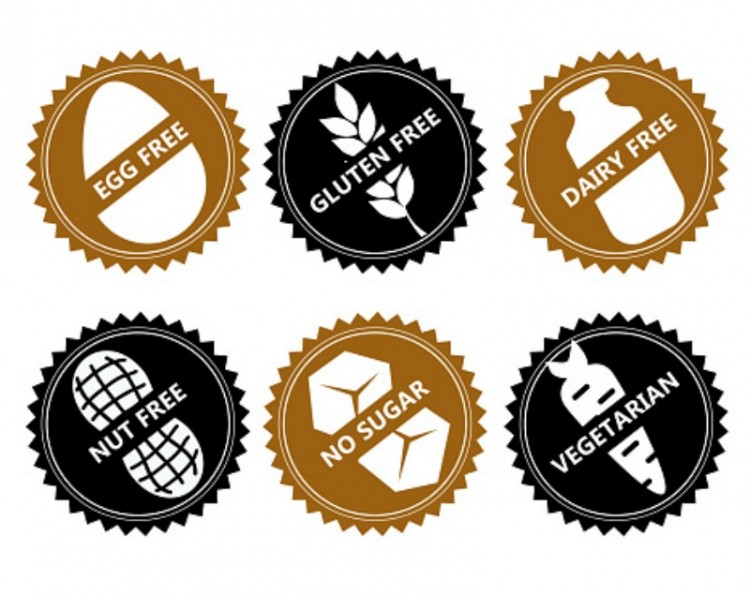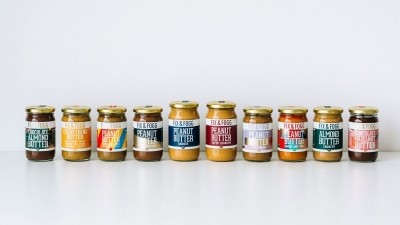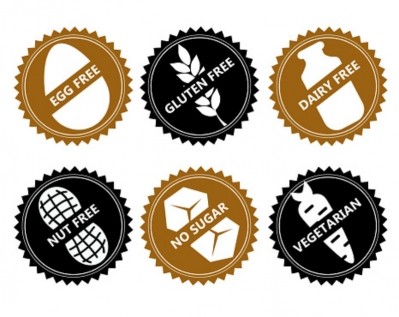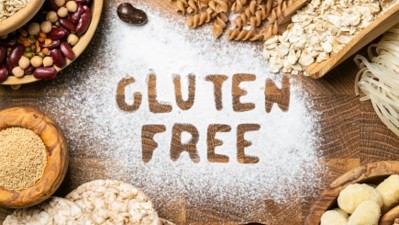Allergen focus: Australia and New Zealand look to tighten mandatory labelling rules

This is the second round of calls for public comment with regard to the issue of allergen labelling, with the first round having taken place in 2018.
Dubbed the Plain English Allergen Labelling Proposal (PEAL), this updated proposal document is based on follow-up risk assessment work undertaken by FSANZ since the previous round of public submissions, including a consumer-focused literature review and an updated safety risk assessment.
“Our first call for comment showed broad support for changes to make sure that allergen labelling is clear and in plain English and consumers have the information they need to make informed and safe food choices,” FSANZ Chief Executive Officer Mark Booth said in a formal statement.
“Currently the Food Standards Code requires 11 foods which can cause severe reactions to be declared whenever they are present as an ingredient, food additive or processing aid. [However], there are no requirements about how and where the declarations must be made on packaging.”
According to the proposal, this lack of explicit requirements in the regulations on how to declare allergens has also ‘created uncertainty for industry in complying with these requirements, and for regulators in enforcing [these rules]’.
With regard to these concerns, a good deal of focus has been placed on ensuring the clarity, consistency and prominence of food allergen labelling, especially via the terms used and separate declarations to be made for certain allergens.
“Our research identified that consumers often struggle to understand complex names used for allergenic ingredients such as 'sodium caseinate'. This proposal would require the use of simpler language such as 'milk',” Booth added.
“Consumer research also indicated that having labels in a prominent and consistent location on packaging would be beneficial. This proposal sets requirements for how and where allergen declarations are presented on packaging, including in bold font."
Specific amendments
As such, FSANZ has proposed to amend the regulations to include the use of ‘mandatory specified terms’ for the allergen source when allergens are declared, and also to make separate declarations compulsory for certain ones.
These include: Molluscs, individual tree nuts (Almond, Brazil nut, cashew, hazelnut, macadamia, pecan, pine nut, pistachio and walnut), and gluten-containing cereals (Such as wheat, barley, rye, oats or spelt or their hybrids).
“For packaged foods, the declaration of allergens in the statement of ingredients [must use] bold font and [be] in a separate emboldened allergen summary statement,” said FSANZ in the proposal document.
“The use of the mandated specified term ‘Gluten’ [must be stated] in the allergen summary statement if present from wheat, barley, rye, oats or spelt or their hybrids [and] the mandated specified term ‘Tree nut’ in the allergen summary statement if individual tree nuts are declared in the statement of ingredients.”
In addition, ‘Fish’ must be specified as an ingredient if such is present in the product, and if the food is crustacea, the specific name of the crustacea must be declared. ‘Fats’ or ‘oils’ need to have the specific source name declared if the source of the oil is lupin, peanut, sesame, or soybean, unless the soybean oil has been degummed, neutralised, bleached or deodorised.
“The use of synonyms will not be permitted for allergen declarations except in the case of soy, where ‘soya’ and ‘soybean’ will be alternatives to the specified term ‘soy’ for use in the statement of ingredients,” FSANZ added.
Allergen summary statement
Overall, food product manufacturers will need to include an allergen summary statement on products moving forth if the proposal goes through, which must be displayed in bold font as well.
“[The summary statement must] include the prefix ‘Contains’, followed by a list of the allergens present,” said the agency.
“[It should also] appear directly below and be distinctly separated from the statement of ingredients and be printed in the same font type and size as declarations in the statement of ingredients.”
Comments from all parties will be accepted by FSANZ from now until February 27 2020, and detailed instructions on making a submission can be found here.






















